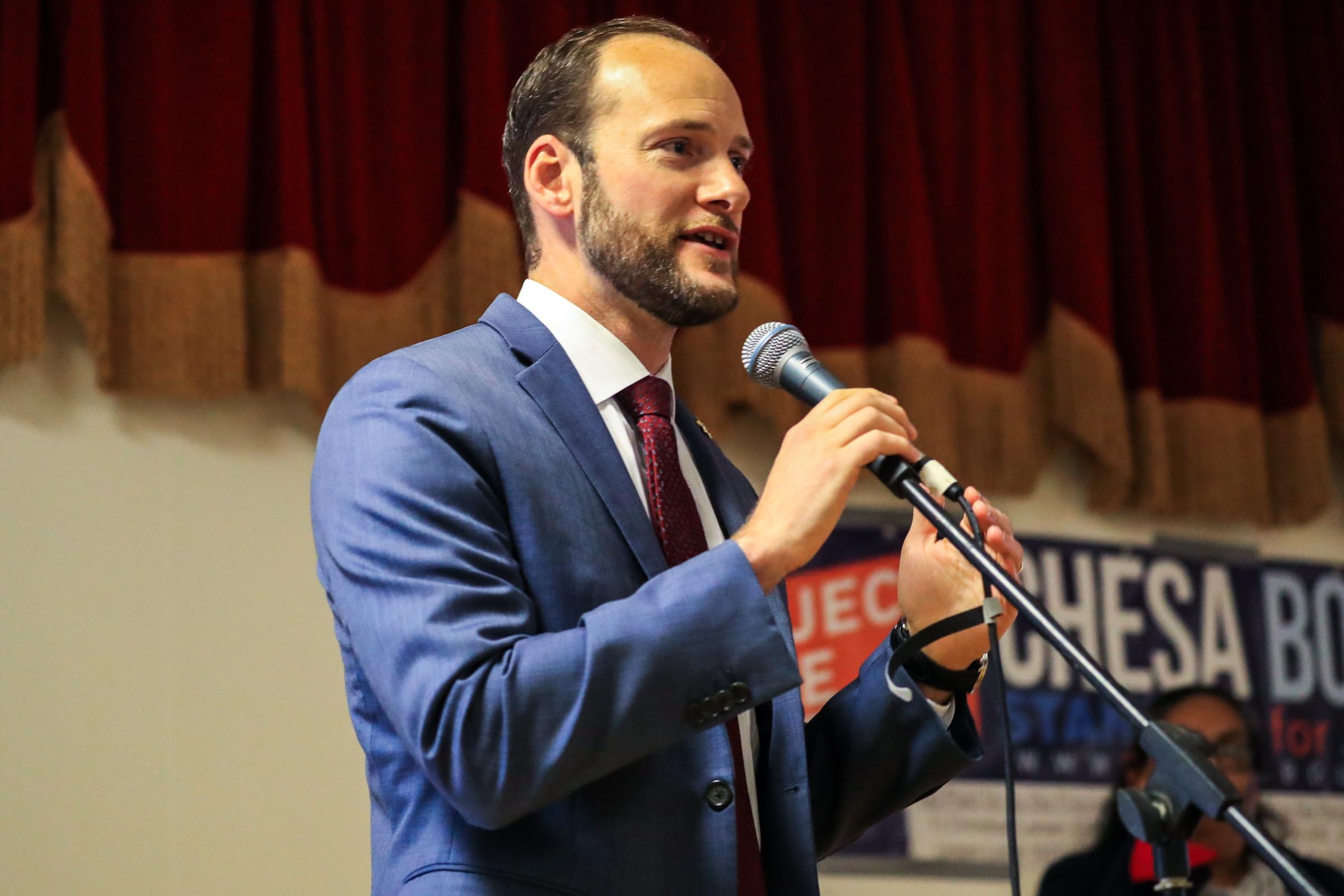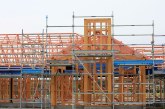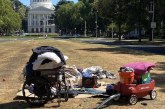

By David M. Greenwald
Executive Editor
In general, there have been a lot of bad takes by the media in the wake of what appears to be the ouster of San Francisco DA Chesa Boudin. As one writer put it, “This fight is about leftists versus liberals.”
While I would probably take issue with the term “leftist” rather than “progressive” but at the end of the day, what disturbs me most is that it appears, for a whole bunch of liberals, there is a deep commitment to using the carceral system when things like homelessness, property crime, and drug use run amuck.
Recent articles in the Atlantic, the New Yorker and New York Magazine are all frankly alarming in part because these publications are all ostensibly left-leaning if not outright liberal and, in part, because they all seem to weigh on the side of carceral solution even for low level crime.
To point to one example in a long body of work—the Atlantic’s piece by Nellie Bowles—“How San Francisco Became a Failed City.”
A key point: “Anyone offended by the sight of the suffering is just judging someone who’s having a mental-health episode, and any liberal who argues that the state can and should take control of someone in the throes of drugs and psychosis is basically a Republican. If and when the vulnerable person dies, that was his choice, and in San Francisco we congratulate ourselves on being very accepting of that choice.”
The complaint here is about Prop. 47 which “downgraded drug possession from a felony to a misdemeanor, and one that Boudin said he wouldn’t devote resources to prosecuting. This approach to drug use and homelessness is distinctly San Franciscan, blending empathy-driven progressivism with California libertarianism.”
But what really caught my eye was this: “You can spend days debating San Francisco crime statistics and their meaning, and many people do. It has relatively low rates of violent crime, and when compared with similarly sized cities, one of the lowest rates of homicide. But what the city has become notorious for are crimes like shoplifting and car break-ins, and there the data show that the reputation is earned.”
The answer implicit in Bowles, and perhaps in the response of the San Francisco voters, is that when crime becomes a nuisance to the affluent and wealthy populations (as opposed to confined to high crime areas), the answer of course is law enforcement, incarceration and criminalization of poverty and mental health issues as well as homelessness.
Leaving aside the absurdity of blaming a DA for things like homelessness, drug abuse and mental health disorders, the implication in this piece is that somehow we can and should arrest and prosecute our way out of this problem.
Never mind the huge factor that the pandemic which has wholly subsumed Chesa Boudin’s term has played in all of this. Never mind evidence-based approaches that show that incarceration largely exacerbates rather than solves these problems.
What we need is to put money and resources into things like job training, harm reduction, mental health services rather than attempting to incarcerate ourselves out of the problem.
But even lefties are now convinced that leniency and lack of consequences are driving low level offenses, even as more serious crime remains relatively low.
Bowles writes: “Ending cash bail for truly minor offenses, for instance, protects people from losing their job and more while in jail. But as with homelessness, the city’s overall take on criminal-justice reform moved well past the point of common sense.”
The answer for Bowles and others thus must mean more punitive approaches to law enforcement instead of more resources to keep people out of the system.
Bowles is not alone here. In “The People vs. Chesa Boudin,” Annie Lowrey points out that “a final major factor may be affecting people’s perceptions of crime. Roughly 4,400 people sleep on the streets every night in the city, a population that has become more obvious as the streets have emptied of commuters, restaurant-goers, and bar-hoppers; overdoses and overdose deaths have also become more common, because of the prevalence of fentanyl.”
She points out, “In interviews, social scientists stressed that homelessness itself is not a crime; that the homeless were far more likely to be victims of crime than perpetrators; and that the mere presence of homeless people does not tend to lead to increases in crime rates, outside of charges such as loitering, panhandling, and public intoxication.”
Nevertheless, “the perception is that homelessness and crime are almost synonymous,”
Amy Donley, a sociologist at the University of Central Florida, told Lowrey. “People are fearful, particularly of unsheltered and chronically homeless people.”
Benjamin Wallace-Wells writing in the New Yorker asks if the DA”s “recall reveals the limitation of progressive criminal-justice reform?”
He makes an interesting point, “The real lesson of San Francisco may be narrower: given that enthusiasm for progressive policies is still untested, and that public resistance to them is reflexive and stiff, it will take a pretty savvy politician to successfully implement them.”
Notably, he wrote “the most high-profile progressive prosecutor in the country, Philadelphia’s Larry Krasner—a somewhat grouchy longtime public defender now in his sixties—was reëlected last year, despite a surge in homicides in that city.”
For me, the disconnect between the stated position by the voters opposing mass incarceration and alternatives to prison runs smack into their feeling of security and safety.
Instead of recognizing the fact that we live in unusual times, that most of the problems faced by San Francisco are faced elsewhere, they have turned the DA into a scapegoat the first sign that things might have gone sideways.
As Alec Karakatsanis of Civil Rights Corps notes in a tweet thread that was retweeting over 1700 times and had nearly 5600 likes, “All of these articles have one thing in common: they lament the supposed fall of San Francisco, as shown by what they say is the ‘disorder’ of homelessness, filthy street tents, rampant mental illness, low-level theft, and open-air drugs.”
He noted, “Several of the articles even express concern about drug users and homeless people! They insinuate that soft progressives with “good intentions” are actually the ‘cruel’ ones.“
“Each article’s central theme is that removal of ‘progressive DA’ was a natural response to problems of inequality, homelessness, drug use, mental illness, etc. (i.e. not product of huge $ misinfo campaign),” he said. “What’s remarkable is that none of the articles explains why this would be.”
He added, “None of the articles explains which specific DA policies were responsible for the ‘disorder’ of inequality in San Fransisco.”
But I think it’s more than that—the articles acknowledge that the most serious crimes are not what triggered the widespread concern. Rather, it was nuisance crimes, and it seems for the authors and the voters, the answer to these crimes simply has to be carceral rather than service-based and therefore the problems are on the DA rather than the entire system that has failed to provide the resources for drug treatment and housing and mental health services.
We end up where we thought we were a few years ago—even liberals are willing to undertake reform on criminal justice until and unless crime starts rising or they start feeling the effects, and the moment upper middle class whites start to see crime again, they suddenly become conservative advocates of law and order.






